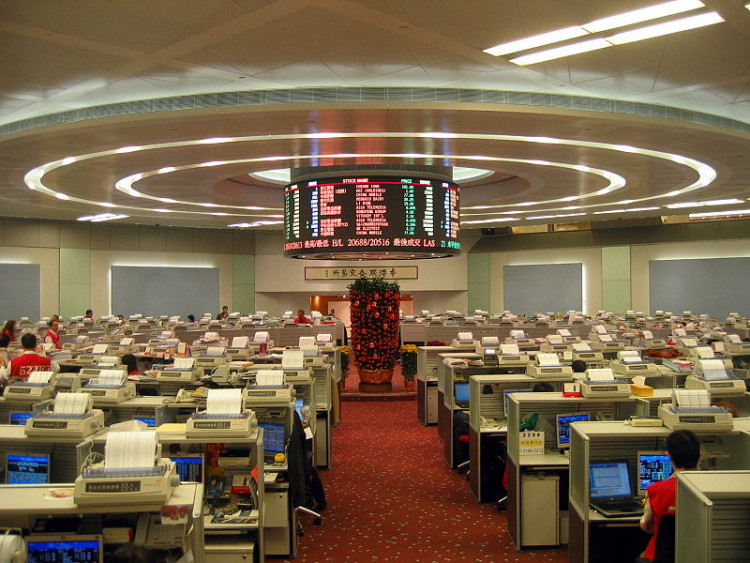Asia's major markets surged on Monday afternoon after data was released in the weekends that showed that the economic activity in China rose in March.
The shares in mainland China gained the largest increase at the end of the morning session. The Shanghai Composite closed with an increase of 2.29 percent while the Shenzhen component gained 3.13 percent. The shares of the Shenzen composite increased by 3.027 percent. In Hong Kong, the Hang Seng index closed with an increase of 1.65 percent.
The analysts were surprised after seeing that both the private Caixin/Markit Manufacturing Purchasing Managers' Index and the official Purchasing Managers' Index (PMI) increased in March. MSCI's broadest index of the shares of Asia-Pacific outside Japan gained 1 percent as of 12:22 p.m. HK/SIN.
The Nikkei 225 in Japan jumped 1.55 percent during afternoon trades shares of index heavyweights Fast Retailing, Softbank Grop, and Fanuc all advanced. The Topix index also closed with an increase of 1.64 percent.
Japan Display, an Apple supplier, closed with a surge of more than 11 percent after the company announced that they are aiming to reach a financing agreement this week to gain a 60 to 80 billion yen stock and bond issuance. The reports in January said that Japan Display is under negotiations with an investor group from Taiwan and China to bail out the company as it suffers the impact of low sales for Apple's iPhone XR.
According to the Bank of Japan's "tankan" survey released on Monday, nosiness confidence is worsening among the country's big manufacturers in the first quarter.
Mitul Kotecha, the senior emerging markets strategist at TD Securities, said during an interview with CNBC on Monday that the large manufacturing weakness is probably worrying for the Bank of Japan in the sense that the economy isn't picking up as quickly as perhaps as had been anticipated but the bigger issue is not the economy. He added that inflation continues to be a bugbear for the Japanese central bank, where its target rate of 2 percent remains ever elusive.
South Korea's Kospi gained 1.27 percent while SK Hynix's stocks jumped more than 3 percent. Australia's ASX 200 also gained 0.56 percent following the gains of the majority of its sectors.
According to David De Garus, director and senior economist at the National Australia Bank, this is the first month in four that Chinese manufacturing activity has returned to growth and suggests a read through of Chinese macro policy growth support beginning to flow through into the economy.





